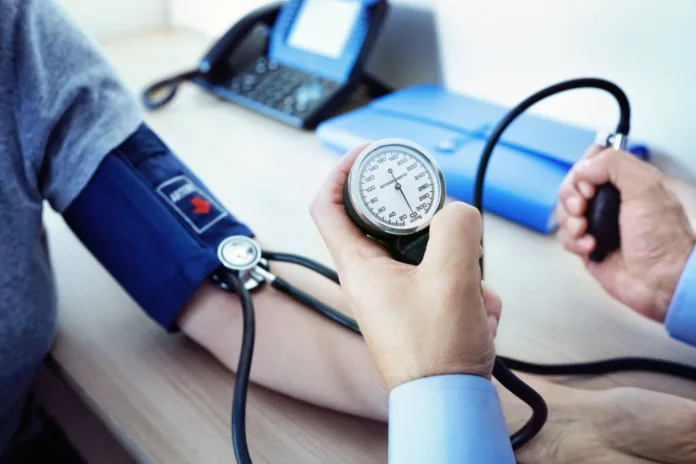High blood pressure, also known as hypertension, is a common condition in which the force of blood against the walls of your arteries is high. This can damage your arteries and increase your risk of heart disease, stroke, and other health problems.
There are a number of things you can do to manage high blood pressure, including eating a healthy diet. Some foods can raise blood pressure, while others can help to lower it.
Here are some foods that you should avoid if you have high blood pressure:
Salty foods: Salt can make your blood pressure go up. Aim to eat less than 2,300 milligrams of sodium per day.
Processed foods: Processed foods often contain high levels of salt, unhealthy fats, and sugar. These foods can contribute to high blood pressure and other health problems.
Red meat: Red meat is high in saturated fat, which can raise blood pressure. Choose lean cuts of meat or eat poultry or fish instead.
Whole-fat dairy products: Whole-fat dairy products are high in saturated fat, which can raise blood pressure. Choose low-fat or fat-free dairy products instead.
Sweetened beverages: Sugary beverages, such as soda, juice, and sweetened tea, can raise blood pressure. Drink water, unsweetened tea, or coffee instead.
Alcohol: Alcohol can raise blood pressure in some people. If you drink alcohol, do so in moderation.
Trans fats: Trans fats are a type of unhealthy fat that can raise blood pressure. They are often found in processed foods, such as cookies, crackers, and fried foods.

In addition to avoiding these foods, there are a number of other things you can do to manage high blood pressure, such as:
Eating a healthy diet: A healthy diet includes plenty of fruits, vegetables, and whole grains. These foods are low in saturated fat and cholesterol and high in fiber, which can help to lower blood pressure.
Exercise regularly: Exercise helps to lower blood pressure by making your heart stronger and more efficient. Aim for at least 30 minutes of moderate-intensity exercise most days of the week.
Losing weight: If you are overweight or obese, losing even a small amount of weight can help to lower blood pressure.
Quitting smoking: Smoking can raise blood pressure. If you smoke, quitting is one of the best things you can do for your health.
Managing stress: Stress can raise blood pressure. Find healthy ways to manage stress, such as exercise, yoga, or meditation.
By following these tips, you can help to manage high blood pressure and reduce your risk of heart disease, stroke, and other health problems.
If you have high blood pressure, it is important to talk to your doctor about your treatment plan. They can help you create a plan that is right for you.




